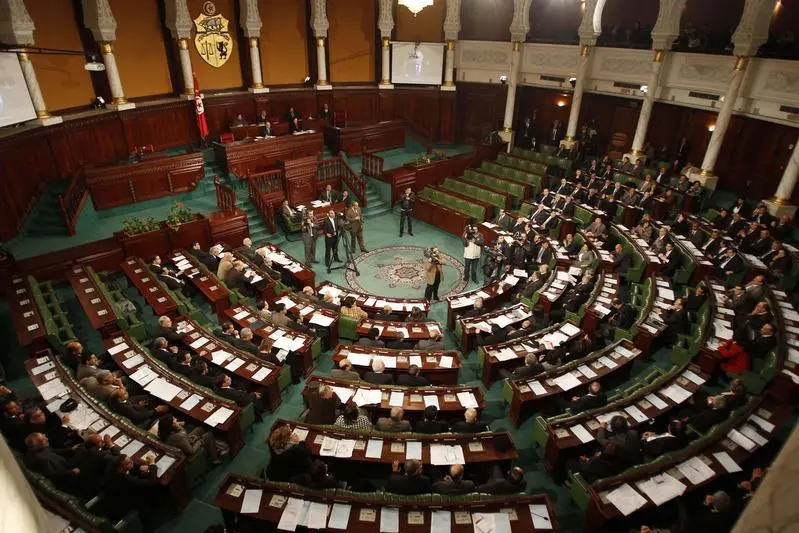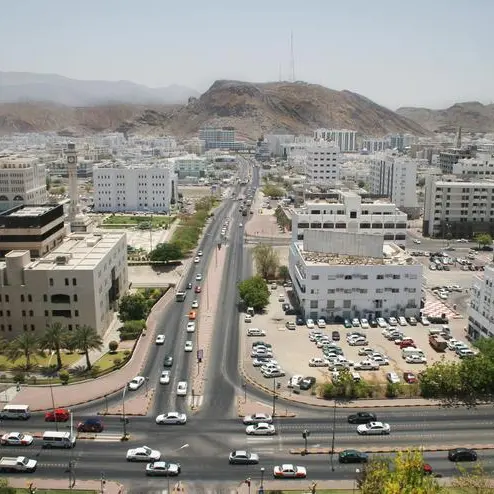PHOTO
By Tarek Amara
TUNIS, Sept 7 (Reuters) - Tunisia's two main parties on Thursday gave parliamentary backing to Prime Minister Youssef Chahed's new cabinet, handing him the initiative to push sensitive economic reforms demanded by the International Monetary Fund.
Chahed's cabinet needs strong support to reform public sector wages and overhaul the pension system to improve national finances. Infighting and social protests have kept past governments from pushing through tougher austerity reforms.
Chahed on Wednesday named 13 new ministers including heads of the interior, defense and finance ministries. He appointed Taoufik Rajhi, one of his advisors from the Islamist Ennahda party, to a new economic reforms ministry in a deal that ends weeks of party infighting over posts.
Rached Ghannouchi, the head of Ennahda party, called his 69 lawmakers in parliament to give a vote of confidence to the coalition government which includes ruling Nidaa Tounes, Machroua Tounes, the Republican and Massar parties.
The new cabinet also includes independents and former ministers who worked with ex-President Zine El Abidine Ben Ali, ousted by a popular uprising in 2011.
Ennahda won four important ministries, including the new ministry of economic reforms. Nidaa Tounes led by the son of President Beji Caid Essesbi welcomed the reshuffle in which his party secured six new posts and other junior portfolios.
"This reshuffle maintained political balances, boosted the political weight of our party, we will give our confidence to the new team," Sofian Tobal an official in Nidaa Tounes said.
Backing from the two main parties means Chahed's government can expect support from at least 150 lawmakers in the 217-seat parliament. Ennahda and Nidaa Tounes have more than 130 seats between them plus the support of smaller parties. Chahed's cabinet needs 109 votes to win a confidence ballot.
"This government would be like a war cabinet, in a war against the corruption, against rampant unemployment and a war to save the economy," Chahed said on Wednesday.
He has said he will present parliament with a comprehensive plan to push the economy forward, including accelerating the coordination of public-private partnerships and proposing more incentives to investors.
"We will confront the imbalance in public finances, adjust the trade balance and improve the situation of public institutions that are facing difficulties, as well progress on major priority reforms," he said.
Tunisia is struggling to revive its economy and create jobs for frustrated youth. But it is under pressure to reduce deficits by stopping public sector hiring, laying off thousands of state employees and selling shares in some troubled public institutions.
Reforms are also expected to include cuts in subsidies for energy and some basic materials, which would be highly sensitive and rejected by Tunisia strong unions who have in the past played the role of political power brokers.
(Reporting By Tarek Amara; Editing by Patrick Markey and Matthew Mpoke Bigg) ((tarek.amara@thomsonreuters.com;))




















